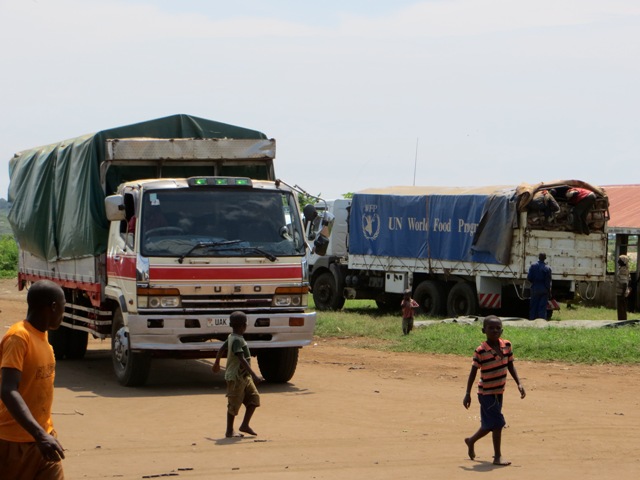While on a visit to a relative in the rural areas about five years ago, I encountered an eleven year old boy — half naked, and even the little clothing on his body was in tatters. I was not bothered by his appearance. The educationist in me was only concerned with why he was not in school yet it was school time. The young boy told me that he had been dismissed from school due to lack of school fees and that there was no free public school nearby. Out of sympathy, I promised the boy that I was going to mobilize funds and make sure he is back in school. But before I completed the statement, an old man shouted from a nearby grass thatched house; “as you see him, that boy has no cloths, first buy him cloths before you pay the school fees”. He further concluded that; “a hungry man needs food first”. Though I was able to mobilize enough funds to pay for the school fees and buy the young boy cloths, I did not pick anything to learn from the old man’s words until recently.
In the Kyangwali refugee settlement where I am placed, World Food Program (WFP) gives food handouts to refugees. I thought this was a big relief to the refugees since many of them do not have enough food to eat. But during one of the food distribution exercises that I witnessed, as a WFP truck was offloading food items, there was another truck waiting to take away the same food. Most of the refugees sold off the grains and beans they got to a waiting buyer on the truck. The refugees I managed to talk to said that though they needed food they had more pressing problems which required money to address.
There again came time for handouts but this time, we gave the refugees shoes donated by Toms Shoes. Being that most of the refugees were barefooted, I thought that the refugees would wear the shoes. Again to my surprise, I found the same shoes being sold to a nearby market. One of refugees who said that he had been walking barefooted for the last thirty years without any problem but there was no way he could avoid paying school fees for his son. These are just a few examples but the list endless.
This experience has reminded me of what the old man told me over five years ago. A hungry man needs food first. Quite often, we assume that we know the problems of those in need better than they do. I know of an organization (name covered) that constructed pit latrines for a community eastern Uganda with low latrine coverage but after six months, more than sixty percent of the homesteads had covered the hole, used the latrine shelters as post harvest stores and continued using the bush for excreta disposal. To the community, the most pressing problem was not latrines but post harvest storage facilities. I have really appreciated more than ever before, the importance of needs assessment and prioritization when coming up with interventions. I know some times we have no option when donating or coming up with interventions like for the case of Toms Shoes, but where possible, the most urgent problems should be addressed first. Otherwise a good intervention may fail to achieve targets.
A hungry man needs food first.

